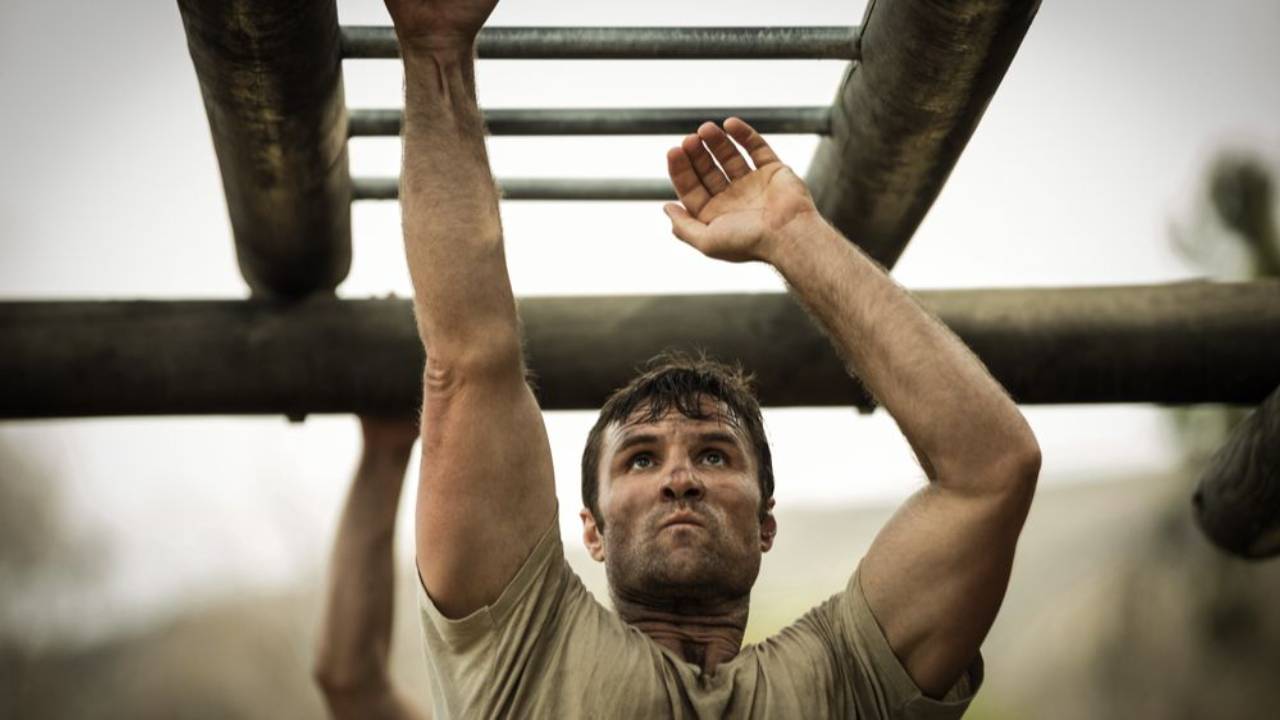Prepping for Games - Dominate with this Mental Skills Regimen

Mental skills are crucial for athletes to perform at their best, particularly before a game. Here are some key mental skills and techniques athletes can use pre-game to enhance focus, confidence, and readiness:
1. Visualization (Mental Imagery)
- Purpose: Helps athletes mentally rehearse their performance, visualize successful outcomes, and prepare for different scenarios.
- Technique: Visualize the game environment, the desired movements, strategies, and overcoming potential challenges. Engage all senses to create a vivid image of the experience.
2. Goal Setting
- Purpose: Provides focus and motivation by setting specific, measurable, attainable, relevant, and time-bound (SMART) goals.
- Technique: Set short-term goals for the game (e.g., "I will focus on my defensive positioning") and align them with long-term objectives. Keep these goals realistic and within the athlete’s control.
3. Self-Talk
- Purpose: Helps maintain a positive mindset, build confidence, and manage anxiety.
- Technique: Use positive affirmations and constructive self-talk to reinforce strengths and counter negative thoughts (e.g., "I am prepared and capable," "I have trained for this moment").
4. Relaxation Techniques
- Purpose: Reduces pre-game anxiety and tension, promoting a calm and focused state.
- Techniques:
- Deep Breathing: Practice slow, deep breaths to calm the nervous system.
- Progressive Muscle Relaxation: Tense and then relax different muscle groups to release physical tension.
- Mindfulness Meditation: Focus on the present moment to reduce stress and improve concentration.
5. Focus and Concentration
- Purpose: Enhances attention and the ability to stay present, crucial for peak performance.
- Technique: Use focus cues (e.g., a mantra, visual anchor) to maintain concentration. Practice refocusing techniques to quickly regain focus if distracted.
6. Pre-Performance Routines
- Purpose: Establishes consistency and comfort, helping to transition into a game-ready mindset.
- Technique: Develop a routine that includes physical warm-up, visualization, relaxation techniques, and positive self-talk. Consistency in routines can provide a sense of control and readiness.
7. Emotional Regulation
- Purpose: Manages emotions such as anxiety, excitement, or frustration, ensuring they do not negatively impact performance.
- Techniques:
- Awareness: Recognize and acknowledge emotions without judgment.
- Cognitive Reframing: Reframe negative emotions as excitement or challenge to be embraced.
8. Mindset and Attitude
- Growth Mindset: Focus on learning and improvement rather than perfection.
- Positive Attitude: Maintain a positive and optimistic outlook, even in the face of challenges.
9. Team Cohesion and Communication
- Purpose: Promotes unity and trust among team members, crucial for team sports.
- Technique: Engage in team-building activities, encourage open communication, and set team goals.
10. Preparation and Familiarity
- Purpose: Builds confidence by knowing what to expect.
- Technique: Review strategies, scouting reports, and game plans. Familiarity with the competition, venue, and conditions can reduce uncertainty and boost confidence.
Incorporating these mental skills into their pre-game preparation helps athletes optimize their mental and emotional state, enhancing their overall performance.

